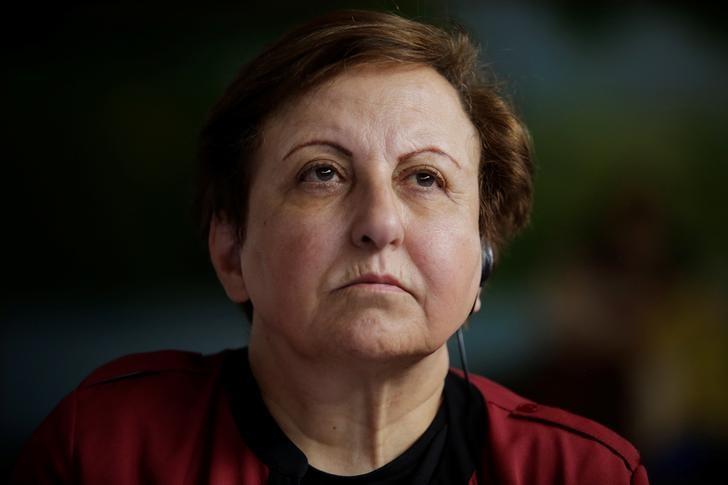DUBAI—Iranian Nobel Peace laureate Shirin Ebadi urged the people of Iran to engage in civil disobedience and press on with nationwide protests that are posing the boldest challenge to its leaders since pro-reform unrest in 2009.
Saudi-owned pan-Arab daily Asharq Al-Awsat quoted Iran’s most famous human rights lawyer as saying Iranians should stay on the street and that the constitution gave them the right to hold demonstrations.





